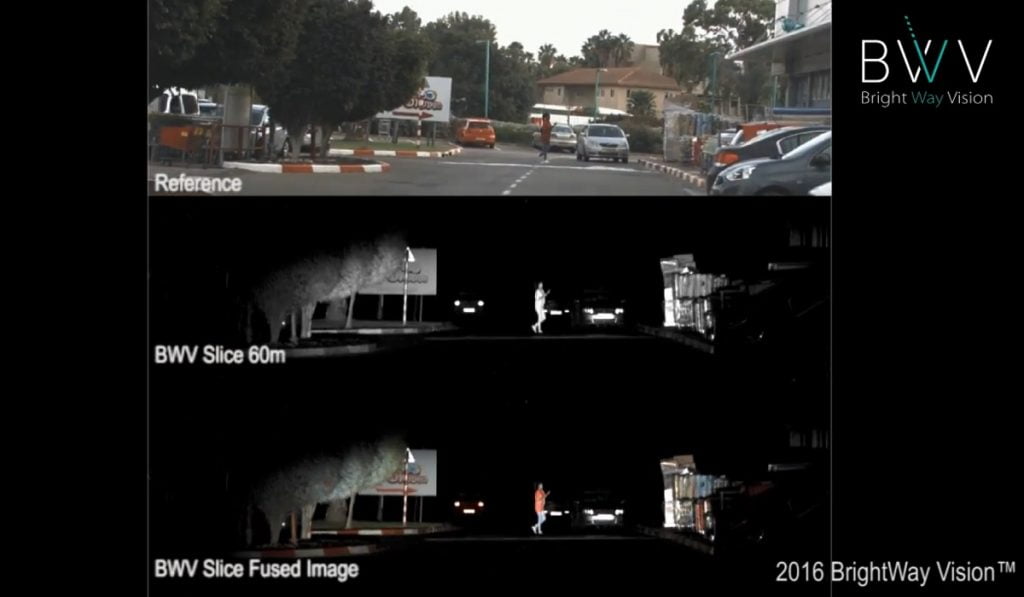This article was first published by The Times of Israel and is re-posted with permission.
According to the World Health Organization, road traffic accidents are on track to becoming the seventh leading cause of death globally by 2030 unless some action is taken. More than 1.25 million people die each year as a result of road accidents.
Some 50% of these deaths occur at night, even though just 25% of drivers are on the road at that time, meaning that in the dark, under more difficult lighting conditions, driving is four times more dangerous than driving during the day.
An Israeli startup, BrightWay Vision, has set out to change those statistics using night-vision technology that was initially developed at Elbit Systems Ltd., the nation’s largest non-government owned defense company. The startup has developed a system that extends the vision range of drivers, or the autonomous vehicles of the future, in all weather and lighting conditions.
“I started developing the technology at Elbit, where we had expertise in night vision systems and long-range observations systems for military purposes,” said Ofer David, the founder and CEO of BrightWay. Because the technology he developed was for civilian use and didn’t fit the mold of a defense company, a new company was created, in which Elbit today holds a majority stake, David said.
The Tirat Carmel, Israel-based startup, set up in 2011, has developed a vision technology that the company says can help cut back on the number of accidents that occur as a result of poor visibility on the roads, low lighting, glare from rain and snow, and approaching headlights.
The system — which uses a so-called gated vision technology — includes a camera with a chip that is placed on the windshield, behind the rear-view mirror. At the front of the car — within one of the light sources, an infra-red wave is placed, that constantly scans the surroundings and interacts with the camera. By continuously switching on and off, the camera controls the intensity of the light and the range of vision, explained David.
To read the full article, click here.
Related posts

Editors’ & Readers’ Choice: 10 Favorite NoCamels Articles

Forward Facing: What Does The Future Hold For Israeli High-Tech?

Impact Innovation: Israeli Startups That Could Shape Our Future




Facebook comments